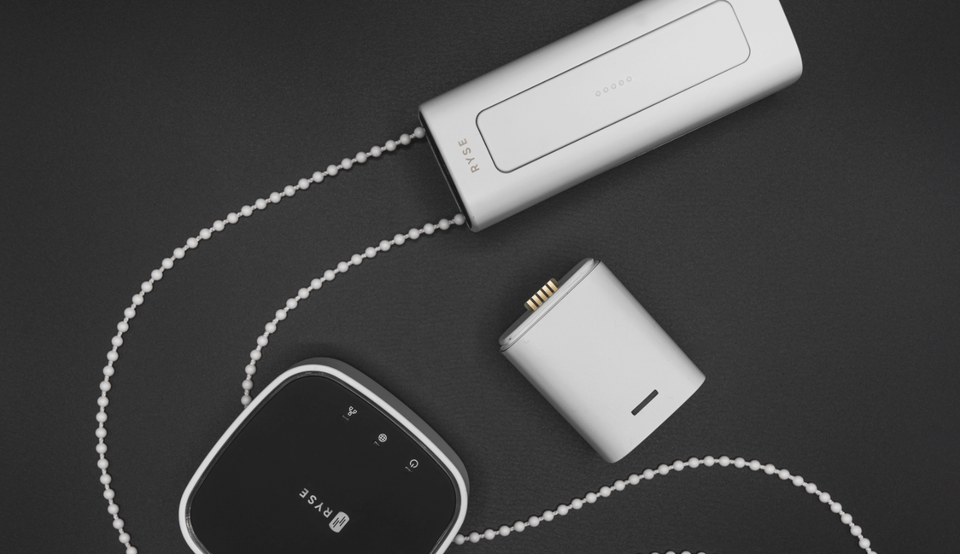Will a Less-Agreeable ChatGPT Help You Get Real Work Done?


OpenAI launched GPT-5, the new version of ChatGPT. It’s built to be smarter and more direct, with optional styles like Cynic, Robot, Listener, and Nerd. The big change isn’t flashy. It’s practical: fewer “sure, sounds good” answers when you’re actually off track. Think of it like upgrading from a friendly intern to a teammate who double-checks the facts before agreeing.
It targets a real problem: fake agreement. Older models sometimes went along with bad assumptions, which wasted time. GPT-5 is trained to push back more, show limits more clearly, and route hard questions to deeper reasoning. In plain terms: cleaner drafts, clearer explanations, and fewer preventable mistakes. That saves time and awkward follow-ups.
OpenAI is trying to make one dependable assistant that adapts to your task and your tone. Quick answers when you need speed. Slower, deeper thinking when the question is tricky. Who are they competing with? Gemini, Claude, and Meta’s assistant. Everyone wants to be the tool you reach for by default, from email cleanups to research to code fixes.
You can use this for turning messy meeting notes into a tidy to-do list, drafting emails that sound like a human wrote them, spot-checking a plan before you share it, and explaining a contract clause in plain English. Writing or debugging simple code without falling into a three-hour rabbit hole. Planning a trip without missing the small print. Same everyday tasks as before, just with a built-in “are we sure?” check.
If you run a team, you don’t need a grand strategy deck. Pick three high-volume chores and test GPT-5 against your current process. Keep it if it cuts time and errors. If you’re an individual, use it where you lose minutes every day: forms, summaries, budgets, resumes, and quick research. A few smart questions to ask before you roll it in: Where does it save time this week, not someday? What data can it see? How will we verify important outputs? What’s the plan if it’s wrong?
How could a more honest ChatGPT help you, someone you know, your company, or your community? Share one real task you’ll try this week and what “good” looks like.
-Matt Masinga
*Disclaimer: The content in this newsletter is for informational purposes only. We do not provide medical, legal, investment, or professional advice. While we do our best to ensure accuracy, some details may evolve over time or be based on third-party sources. Always do your own research and consult professionals before making decisions based on what you read here.




